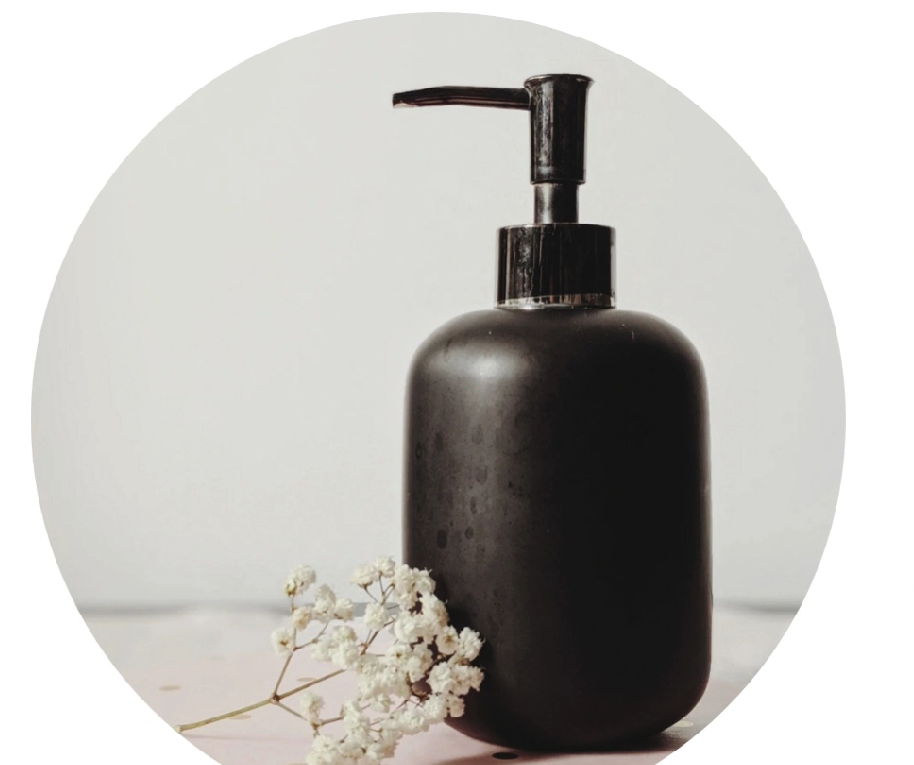
Hygiene is a crucial part of our daily lives, yet it is often overlooked or taken for granted. At its core, hygiene refers to the practices and habits that individuals and communities adopt to maintain health and prevent the spread of diseases. These practices can range from basic personal cleanliness, like brushing your teeth and washing your hands, to broader public health measures such as waste disposal, clean water access, and food safety.
The word "hygiene" comes from the Greek word "hygieia," meaning health. In ancient civilizations such as Egypt, Greece, and Rome, hygiene was not only practiced but also revered. Temples were built to honor gods of health and cleanliness, and public baths were common gathering places. Over time, as science evolved and our understanding of germs and bacteria deepened, hygiene practices became more structured and scientifically backed.
Why Is Hygiene Important?
The importance of hygiene cannot be overstated. It plays a vital role in:
Preventing Illnesses: Many infectious diseases are spread through dirty hands, contaminated surfaces, or poor sanitation. Diseases such as diarrhea, cholera, typhoid, flu, and even COVID-19 can often be prevented through proper hygiene practices.
Improving Quality of Life: Good hygiene contributes to overall well-being. It boosts self-esteem, enhances social acceptance, and can improve mental health. Clean surroundings promote comfort and a sense of order.
Reducing Healthcare Costs: Preventing illness through hygiene reduces the need for medical treatment and the associated costs. This is especially significant in communities with limited access to healthcare.
Promoting Social Responsibility: Hygiene is not just a personal matter; it affects everyone around us. By maintaining personal and environmental cleanliness, we protect not only ourselves but also our families, classmates, co-workers, and society at large.
Types of Hygiene
Hygiene is a broad concept that encompasses various areas, including:
Personal Hygiene: Involves activities like bathing, washing hands, brushing teeth, wearing clean clothes, and grooming. It is the foundation of good health and self-respect.
Environmental Hygiene: Refers to keeping our surroundings clean—homes, schools, workplaces, and public spaces. It involves proper waste disposal, maintaining clean toilets, and avoiding pollution.
Food Hygiene: Ensures that food is handled, prepared, and stored safely. Clean utensils, fresh ingredients, and safe cooking practices reduce the risk of foodborne diseases.
Oral Hygiene: Focuses on keeping the mouth, teeth, and gums clean to prevent dental issues like cavities and gum disease.
Occupational Hygiene: Practices aimed at preventing injuries and diseases in the workplace by maintaining clean and safe working conditions.
Mental Hygiene: Though not commonly discussed under hygiene, mental hygiene involves habits that promote emotional and psychological well-being, such as managing stress and maintaining healthy relationships.
Hygiene in Today’s World
In the modern world, hygiene has taken on even greater significance. The global COVID-19 pandemic has highlighted how interconnected our health is and how simple practices like handwashing and mask-wearing can save lives. Hygiene education has become a major component of public health campaigns around the world.
Advancements in technology and access to clean water, sanitation, and hygiene (WASH) facilities have greatly improved hygiene standards in many parts of the world. However, there are still millions who lack basic sanitation. According to the World Health Organization (WHO), as of recent data, 1 in 3 people globally do not have access to safe drinking water, and 2 out of 5 people do not have a basic handwashing facility with soap and water at home. This shows how essential it is to educate and promote hygiene across all levels of society.
What You Will Learn in This Lesson Series
In this lesson series, we will explore hygiene from multiple perspectives. You’ll learn:
The best personal hygiene practices and routines
The science behind hygiene and how it prevents disease
Common hygiene mistakes and how to avoid them
How to promote hygiene at home, school, and in your community
Real-world hygiene challenges and how to address them
By the end of this course, you’ll have the knowledge and tools to live a cleaner, healthier life and positively influence others around you.